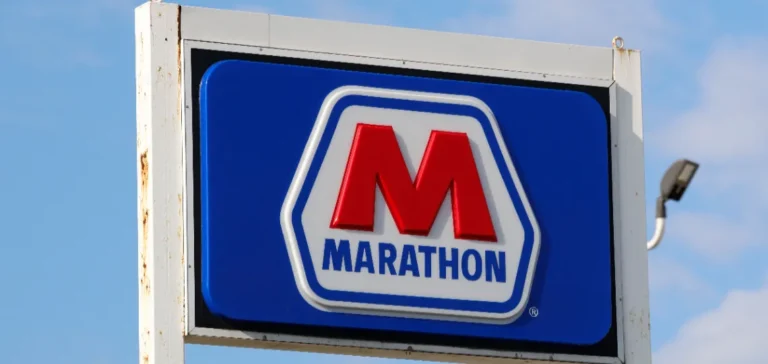U.S. refiner Marathon Petroleum reported disappointing results for the third quarter of 2025, missing analysts’ adjusted profit estimates. The company reported adjusted earnings per share of $3.01, below the average estimate of $3.15, according to LSEG data. This earnings miss was primarily attributed to higher maintenance costs, despite strong refining margins. Turnaround costs, which are associated with periodic maintenance shutdowns, amounted to $400 million for the quarter, compared to $287 million the previous year, which weighed on profitability.
Piper Sandler analysts pointed out that this earnings miss is particularly surprising given the company’s strong historical performance. TD Cowen called the results “negative,” noting that the earnings miss was rare, especially in a broader environment of refining outperformance. The firm also reported that free cash flow was $600 million below consensus due to higher capital expenditures (capex).
Strong Margins but Insufficient to Offset Higher Costs
Marathon Petroleum did benefit from an increase in refining and marketing margins, which reached $17.60 per barrel, compared to $14.63 per barrel last year. However, this margin increase was insufficient to offset the impact of higher maintenance costs. The refining and marketing segment reported an adjusted profit of $1.76 billion, compared to $1.14 billion a year earlier, but the higher maintenance costs limited overall profitability.
The company expects a further increase in maintenance costs in the fourth quarter, which are projected to reach $420 million. These expenses are related to scheduled maintenance shutdowns at its refineries. Additionally, Marathon expects total throughput volumes of 2.9 million barrels per day (mmbpd) in Q4, slightly down from 3.0 million barrels per day in Q3.
Long-Term Investments Drive Growth
Despite the pressure on short-term profits, Marathon Petroleum continues to invest in its production capacity to strengthen its long-term position. The company plans to spend $200 million this year on upgrades at its Galveston Bay Refinery in Texas, with another $575 million earmarked for the next two years. These investments aim to enhance efficiency and the capacity of its refining facilities.
Marathon’s refining capacity utilization rate stood at 95% for the quarter, compared to 94% last year. However, throughput volumes remained stable at 3.0 million barrels per day. Marathon expects slightly lower throughput volumes for the fourth quarter, at 2.9 million barrels per day. These results illustrate the company’s ability to maintain a high level of utilization despite higher maintenance costs, though short-term profitability remains under pressure due to these investments.






















